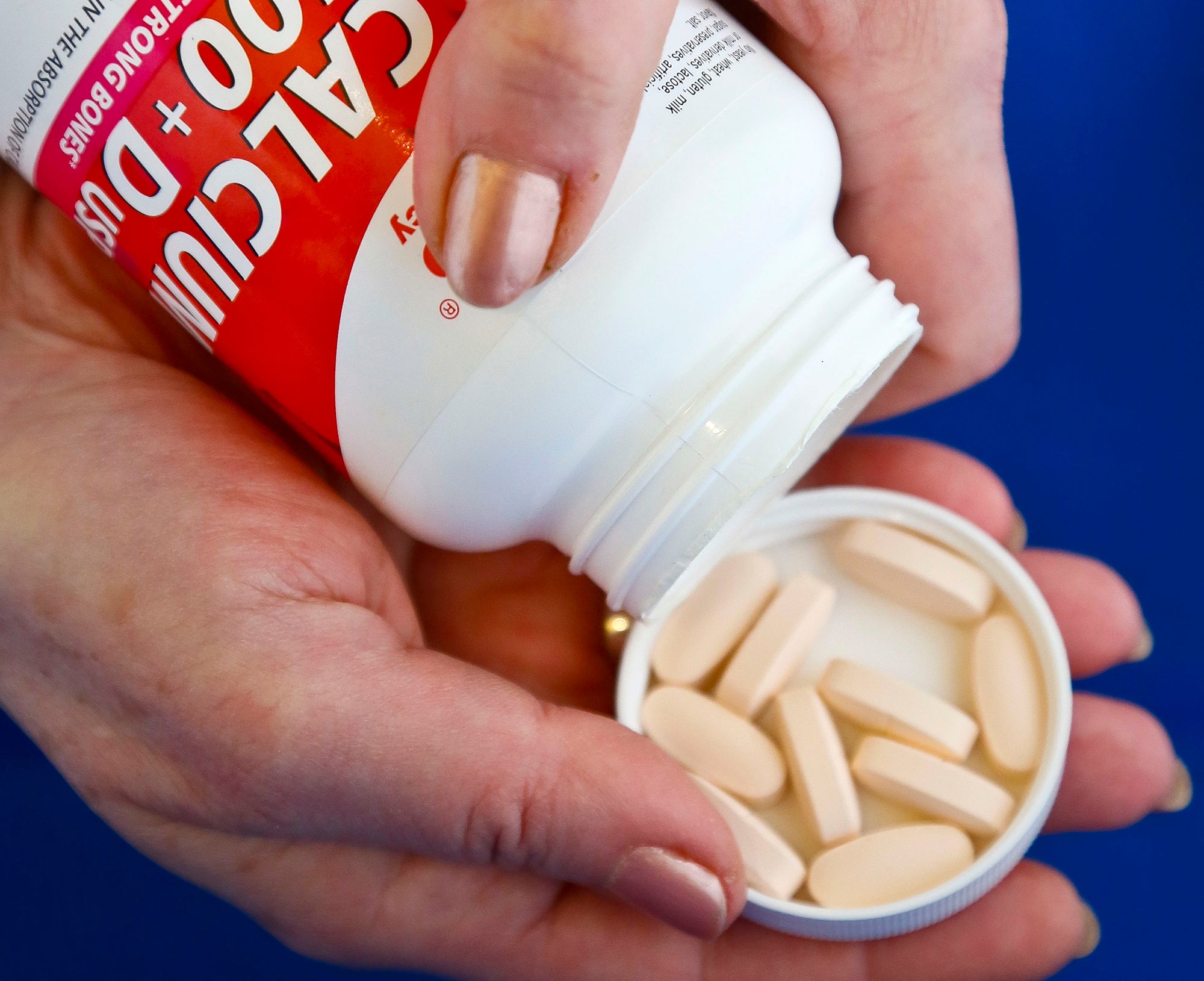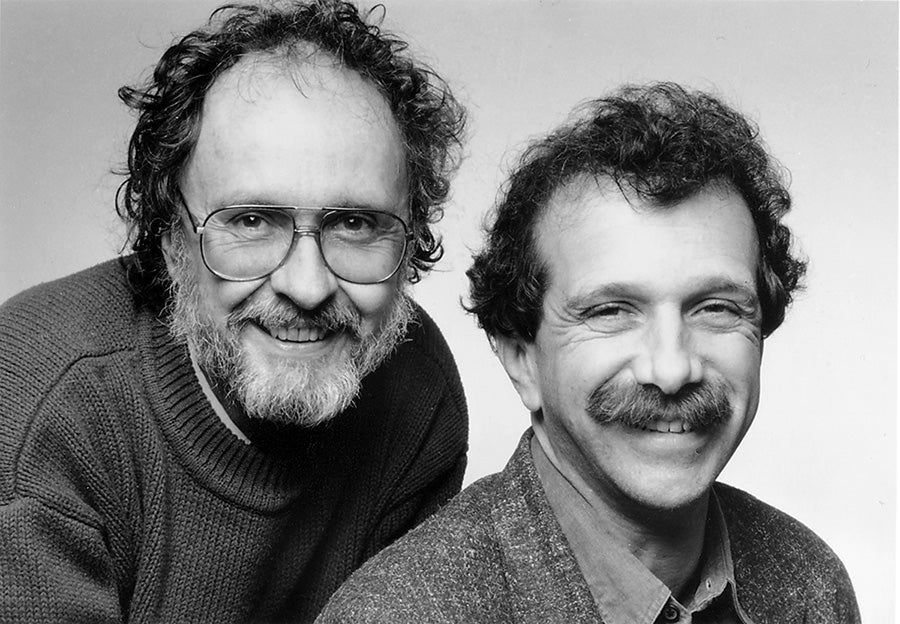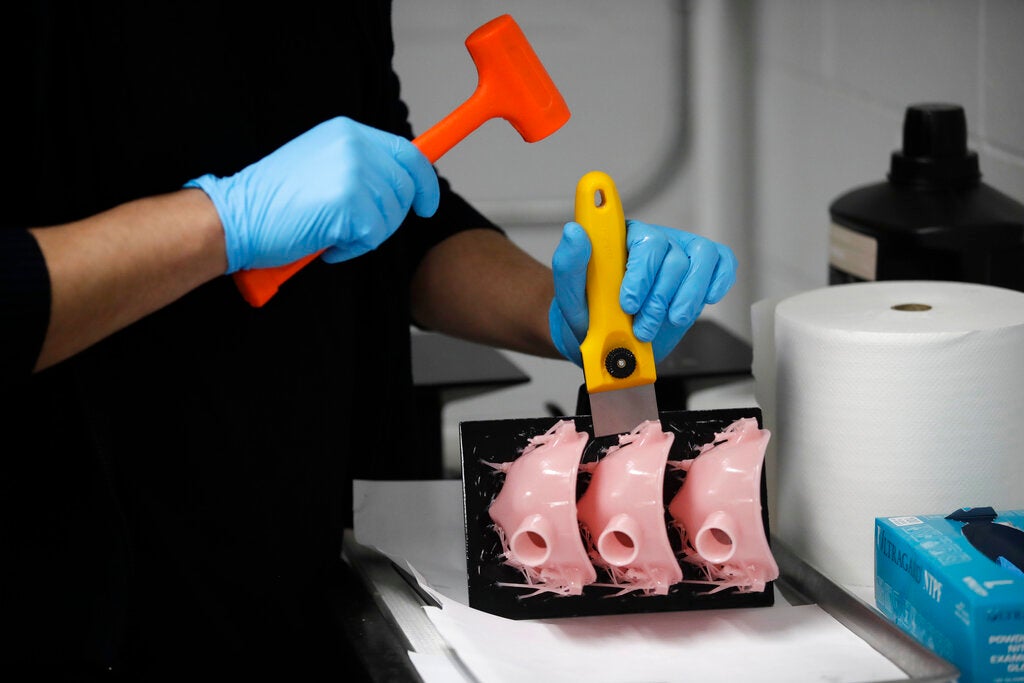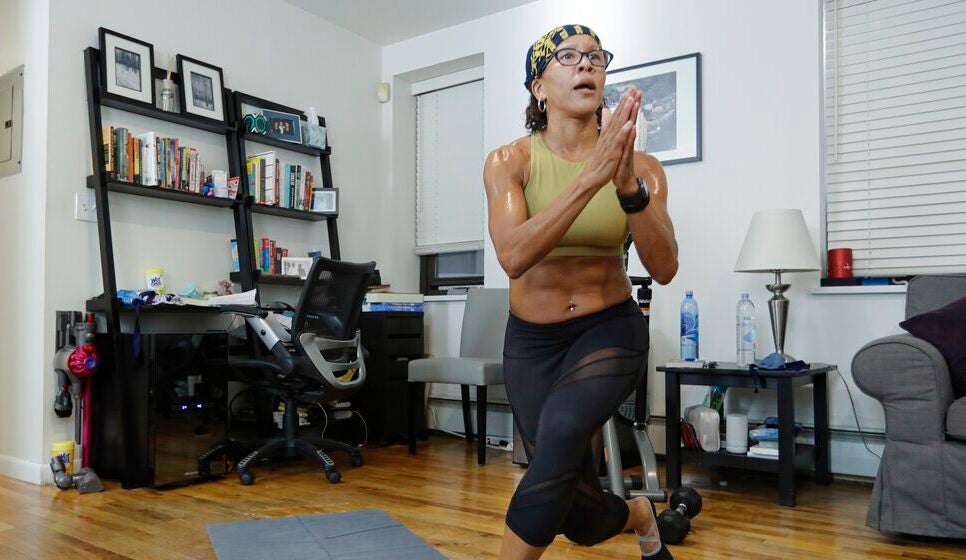Take your calcium. Take your Vitamin D. Take your fish oil. Take, take, take. It will keep you healthy.
We doctors say this all the time with just a whiff of evidence. It’s all well-intentioned. We know certain disease states are associated with certain scientific evidence. The issue is when new evidence comes out, we have to change course. And that makes people anxious.
I hear it said all the time, “You just told me to take this and now you’re telling me not to take this. Can’t you guys make up your mind?”
News with a little more humanity
WPR’s “Wisconsin Today” newsletter keeps you connected to the state you love without feeling overwhelmed. No paywall. No agenda. No corporate filter.
They may not say those exact words, but believe you me that’s what they actually mean when I discuss this in my office or when people stop me to talk about my radio show, TV appearances or this column.
The best explanation I have is that as things change in science, we have to make adjustments. Sometimes the evidence is flimsy and not worth mentioning, while other times it’s more robust and worth considering.
With that, let me give you my take on calcium tablets and Vitamin D. A new study of studies shows there is scant credible evidence that the tablets prevent fractures — fractures, by the way, are the bottom line because they can be deadly to seniors. They are a leading cause of disability and death, so preventing them is a noble cause.
OK, I can just see your eyes rolling. Wait a minute, for years and years you’ve been telling people to take calcium pills. You’ve been pushing this on women, who have four times the risk of osteoporosis as men. And now you decide that these horse pills — which cause constipation and may increase the risk of heart attacks because they elevate calcium levels after we swallow them — are junk? Really? (You can swear here if you wish; I would.)
New research published in the Journal of the American Medical Association showed that when it came to calcium supplements, we were wrong.
Researchers did a meta-analysis of articles, which followed more than 33 studies including 50,000 seniors, some who took calcium, some who didn’t and some who took Vitamin D, some who didn’t. These were community dwellers, folks not living in assisted living or nursing homes (those are a separate group not included in this analysis).
The research examined whether taking calcium and Vitamin D pills made a difference in fracture rates. The analysis showed that swallowing these pills did not – and I repeat, did not – prevent hip fractures, femur fractures, vertebral fractures and non-vertebral fractures (such as wrist fractures).
Whether man or woman, smoker or non-smoker, fat or thin, there was no benefit, nada, none from taking this stuff. Very disappointing, isn’t it? It sure was for me.
So what shall we do? Well, don’t give up calcium-rich foods. That’s where Mother Nature still excels. This study looked at the inorganic chalk tablets you’ve been swallowing, an industrialized product. What we need for sure is a balanced diet that has probably 800 to 1,000 milligrams of calcium daily. A container of yogurt typically has about 400 milligrams of the stuff, nearly half what you need for a day. Google “calcium-rich foods” to find others that suit your personal tastes.
Remember, we know exercise is good to help prevent hip fractures and walking is probably the best for this. We know balance exercises such as tai chi are good to help prevent falling. So working on that is good for you. And we know strengthening exercises are good for you, too, as they help to prevent frailty, which means you are more likely to “catch” yourself when you’re falling.
New research on the Mediterranean diet, the king of diets, shows it also helps to prevent frailty in older seniors, those most vulnerable to fractures. So that’s a plus. Finally, we know that giving up smoking makes a difference, regardless of your age.
My spin: There are lots of natural things you can do to prevent fractures. Lifestyle, lifestyle, lifestyle. Artificial industrialized products might try to mimic Mother Nature, but they do a poor job of that. They always do. Most of the $10 billion we spend on pills is $10 billion better spent on healthier selections in the grocery store and at the gym. Stay well.
Wisconsin Public Radio, © Copyright 2025, Board of Regents of the University of Wisconsin System and Wisconsin Educational Communications Board.







